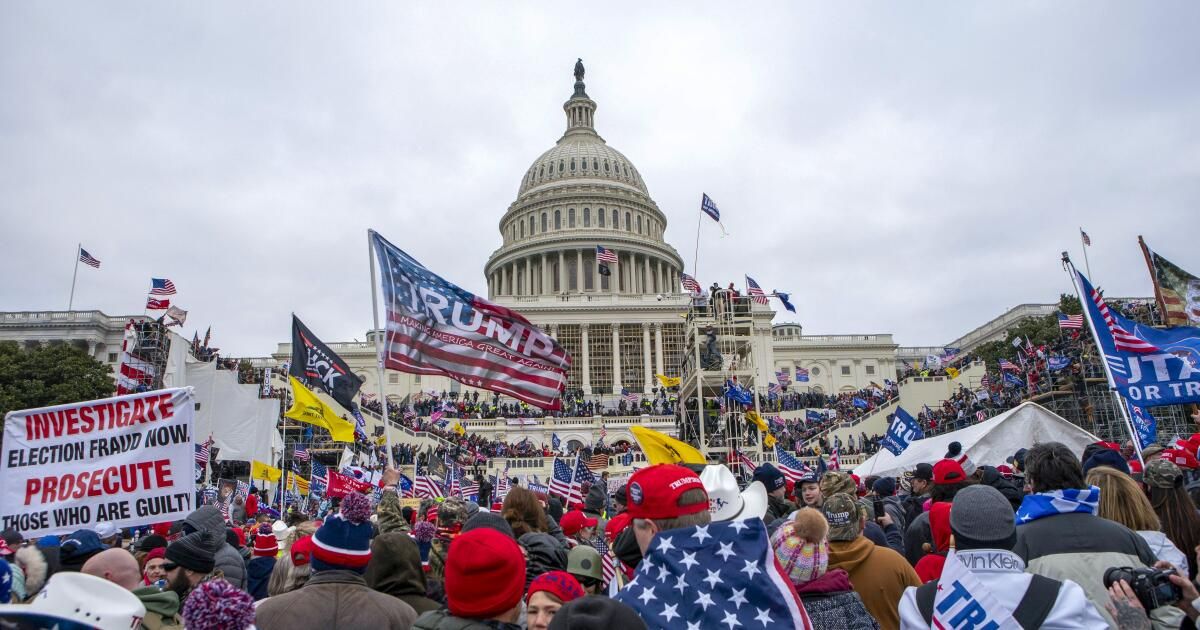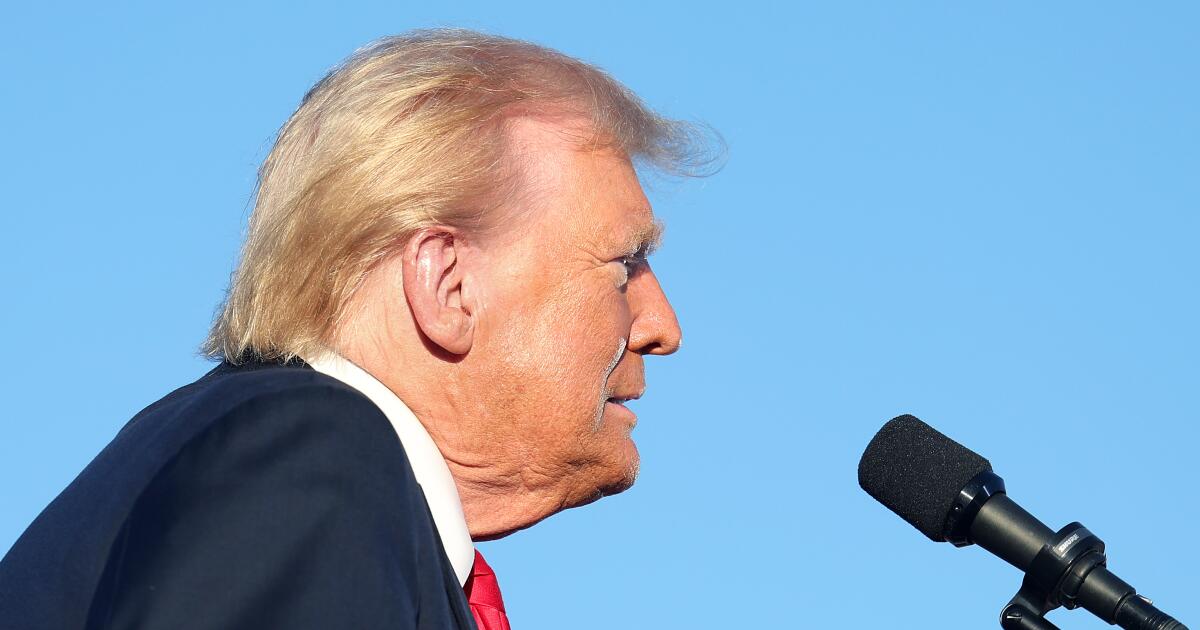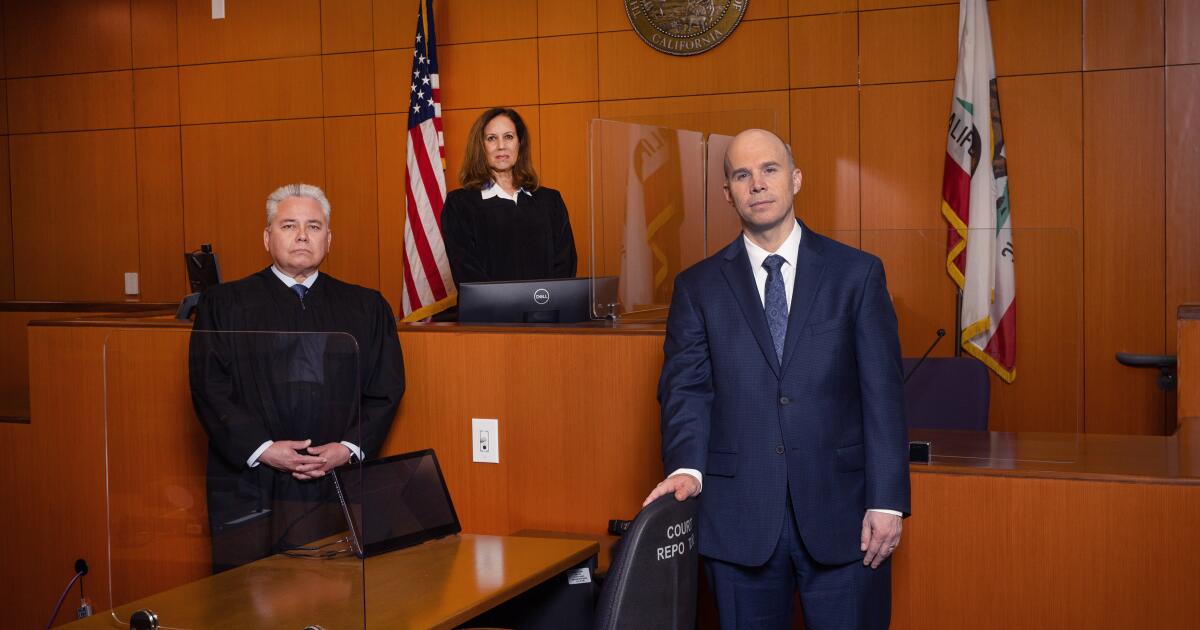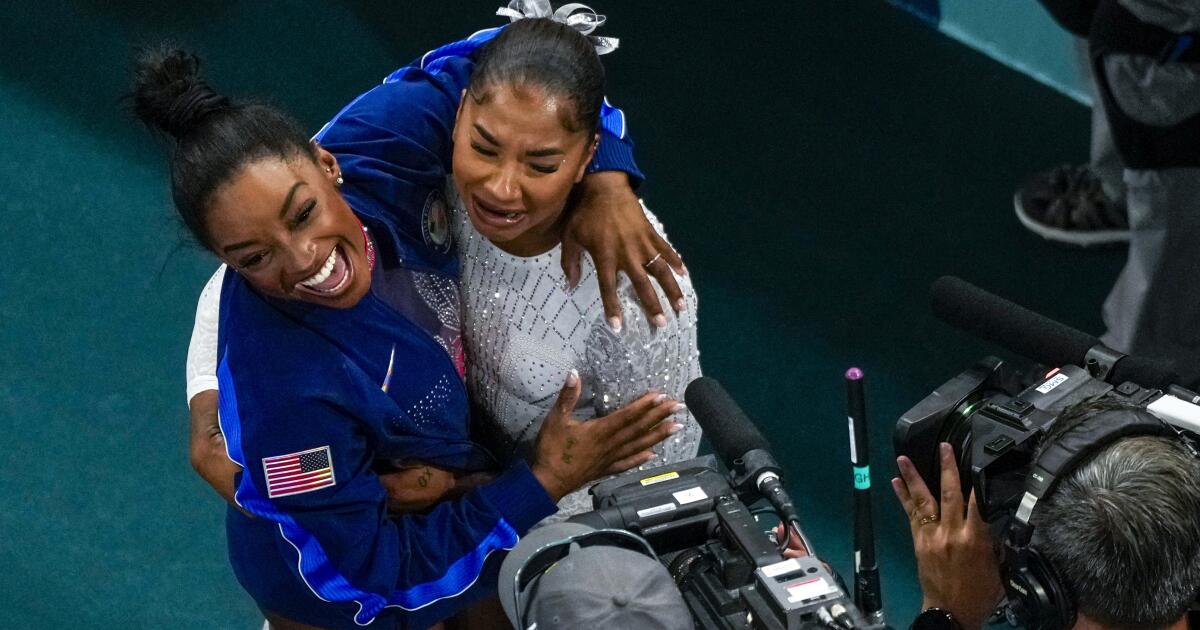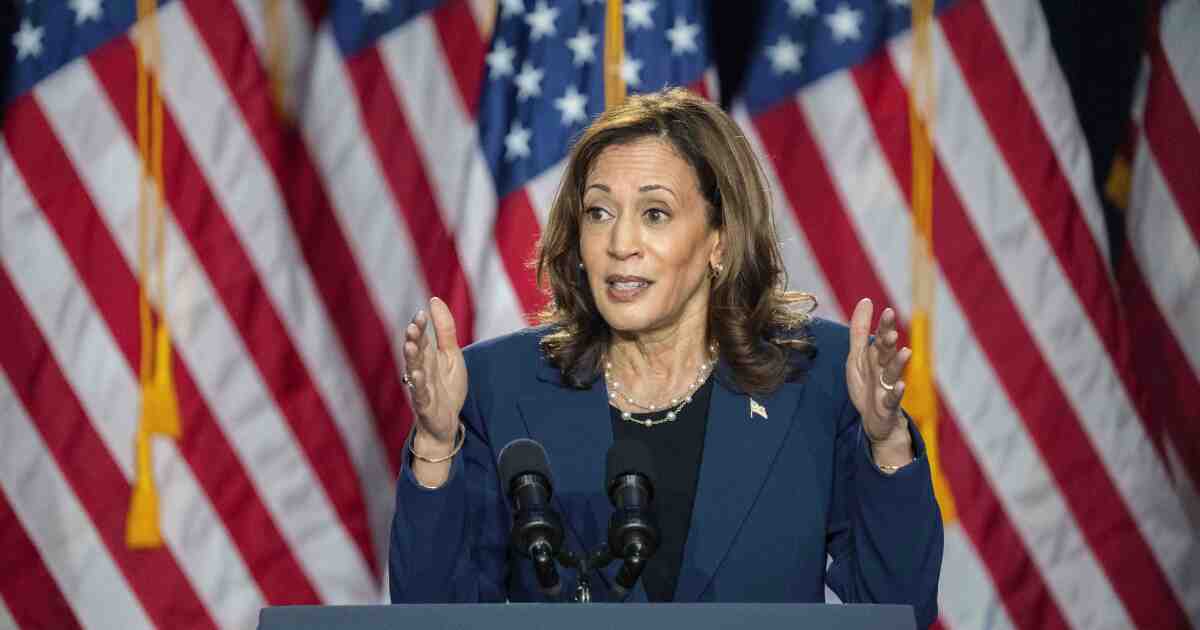As a new presidential election year begins, American Republicans have already chosen their candidate. By all polls, the base has overwhelmingly united behind former President Donald J. Trump. The Republican National Committee’s requirement that any presidential candidate who participates in a debate for the 2024 elections must support the party’s eventual candidate in the general election effectively ensures his nomination.
However, Republicans should remember a critical lesson from the events of January 6, 2021: The polarizing forces dividing America place traditional Republicans in the crosshairs of their more radical brethren. Consequently, any threat of violence related to this year’s elections may target the political right even more than Democrats and people on the left.
Many have described what happened on January 6 as an undemocratic right-wing attack on democracy. This simplified view overlooks the centrality of internecine and fratricidal violence within the political right and that the day’s assault on the United States Capitol constituted a direct attack against the Republican Party itself. The most obvious manifestation of this intention was the Attempted bomb attack at the RNC. But equally momentous was the rioters’ stated intention to assassinate a conservative, evangelical, sitting Republican vice president.
January 6, however, is just one example of a trend that has eviscerated the political right ever since. In a political ad published in June 2022, Eric Greitans, former Missouri governor running for the United States Senate, He proudly held a shotgun and declared “Join the MAGA team and get a RINO hunting permit. There is no bagging or labeling limit, and it does not expire until we save our country.” This announcement was noteworthy for the violence it blatantly encouraged against members of his own political party and as further evidence of the ideological civil war brewing in the United States political landscape.
More recently, the recent House race presidency provided a new opportunity to threaten those deemed insufficiently loyal to the MAGA line. Politicians who voted against Ohio Congressman Jim Jordan, for example, reported receiving death threats for their stances. In Texas in 2022, a failed Republican congressional candidate issued threats of death against Rep. Randy Weber (R-Texas), believing the latter had stolen the primary.
These new threats challenge not only elected officials, but also public officials who are simply participating in a thriving democratic process. A Republican election official from Maricopa County in Arizona, for example, is testifying in at least three federal cases in which accusers threatened to kill him over alleged discrepancies in the 2020 election. Like Zack Beauchamp wrote recently, “The threat of violence is now part of the American political system, to the point that Republican officials, by their own admission, are changing the way they behave because they fear it.” In fact, terrorism is an intimidation strategy: a spark harnessed to threaten additional violence if the perpetrators’ demands are not met.
Acts like these have immense implications in an election year. When politicians like Vivek Ramaswamy insist that January 6 was an “inside job” They are making a fundamental miscalculation: by assuming that the forces that came together that day can be limited by anyone other than Trump, they expose themselves to eventually joining that movement’s long list of enemies and targets.
Mike Pence is living proof that the violent far-right movement is neither loyal to the Republican Party nor concerned with protecting its own candidates or elected officials. It is an anti-government underground fueled by electoral denialism and driven by the worst authoritarian impulses.
The decision not to condemn January 6 as an attack on their own put Republicans on a slippery slope, which could lead to more violence against members of their party, as well as Democrats. And by endorsing Trump once again, they could well inspire an encore.
Bruce Hoffman is a senior fellow for counterterrorism and national security at the Council on Foreign Relations and a professor at Georgetown University. Jacob Ware is a fellow at the Council on Foreign Relations and an adjunct professor at Georgetown University’s Walsh School of Foreign Service and DeSales University. They are co-authors of “God, Guns, and Sedition: Far-Right Terrorism in the United States.”

